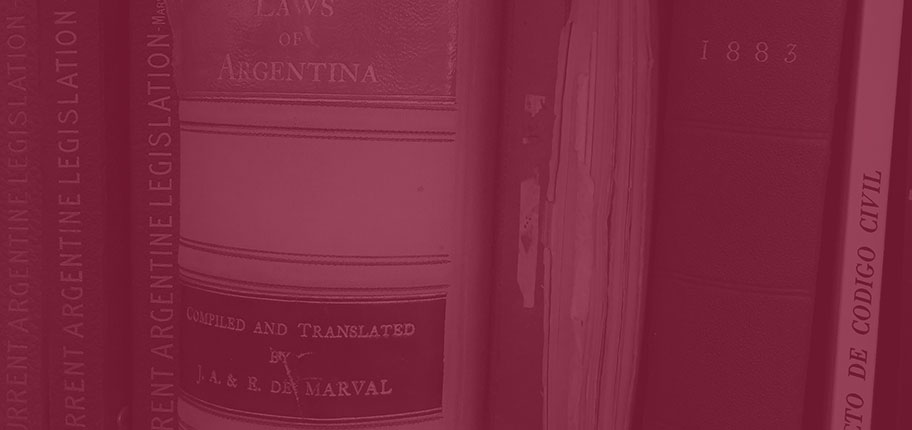ASIC has succeeded in obtained a court order for an investigation of the conduct of a liquidator, in relation to liquidations going back to 2001, under former s 536 of the Corporations Act: see now s 90-05 IPSC. See ASIC v Macks No 2 [2019] SASC 17.
Mr Macks’ proceedings have a long history, more recently with a Full Court of the Supreme Court of South Australia appeal decision in Macks v Viscariello [2017] SASCFC 172.
ASIC had sought the inquiry in 2015, and has now obtained leave from a judge of the Supreme Court – Doyle J – to narrow the scope of the inquiry in light of that Full Court decision.
ASIC confirmed that the inquiry was only sought in relation to the matters that remain the subject of findings either upheld by the Full Court (the contravention of 180(1) after 28 April 2006, based on a failure to exercise due care and diligence rather than any deliberate improper purpose), or facts that were not challenged on appeal by Mr Macks (fabrication of the certain memos in 2002 and in 2004).
Mr Macks’ various arguments against the inquiry being held were not accepted.
Utility
He unsuccessfully contended that the proposed amended proceedings would have no utility; that ASIC does not expect that the inquiry is likely to elicit any evidence beyond that which has already been considered in the earlier proceedings.
Whether that be the case or not, Doyle J said that, bearing in mind the supervisory and disciplinary nature of the Court’s jurisdiction under s 536, an important aspect of the utility of such an inquiry will usually include consideration of what, if any, disciplinary sanctions ought to be imposed so as to achieve the broader public interest that underpins the Court’s jurisdiction to conduct such inquiry.
There is a low threshold for a court to decide to inquire into a liquidator’s, or trustee’s, conduct.
And there is no necessary difficulty with a section 536 inquiry following detailed findings in other proceedings: see BL & GY International Co Ltd v Hypec Electronics Pty Ltd [2010] NSWSC 959.
Abuse of process?
Macks’ claim that the Court’s processes were invoked for an improper or illegitimate purpose was rejected.
His
‘submissions at times suggested, or at least insinuated, that ASIC’s conduct of these proceedings might be motivated, or be inappropriately directed in some fashion, by complaints made by Mr Viscariello in respect of Mr Macks’ conduct, or pressure created by Mr Viscariello’s agitation of these complaints in various legal and political forums’.
While this may be the case, as ASIC points out, there is nothing inherently wrong with this, it is common place, and entirely appropriate, that a regulator such as ASIC be informed by complaints from persons concerned about the conduct of others.
There was
‘no evidence that suggests, let alone establishes, that ASIC’s [dealings] with Mr Viscariello has been in any way inappropriate’.
Delay
As to ASIC’s delay, and in not intervening earlier,
‘ASIC cannot be expected to intervene in civil proceedings whenever they involve allegations of wrongdoing by an administrator or liquidator so as to pursue an inquiry into whether there should be disciplinary consequences …. in the event that wrongdoing is established.
… it would not only risk causing a disruption to, and distraction in, those other proceedings, but would also impose a very significant burden upon ASIC’s resources’.
By awaiting the outcome in the appeal proceedings, ASIC has avoided significant ‘wasted’ resources on its part and also enabled these proceedings to have a much more narrow focus.
This is
‘not to say that ASIC should never intervene in civil proceedings to seek a parallel exercise of the Court’s disciplinary or supervisory jurisdiction …’.
Disciplinary proceedings instead?
As to whether ASIC should have pursued disciplinary proceedings before a committee –
‘there is some force in ASIC’s contention that in circumstances where the allegations of misconduct are serious, have been the subject of court findings, and are to be the subject of challenge, it is perhaps more appropriate that the matter be dealt with by a court under s 536 rather than [a disciplinary committee)’.
Practicalities and orders
‘The late timing of the intended inquiry relative to the alleged misconduct and the progress of the liquidation is unfortunate, and to some extent relevant. It may have some effect on the quality of the evidence to be adduced during the inquiry.
It is assumed that ASIC is willing, and adequately resourced, to ensure the Court receives the assistance it needs to conduct the inquiry’.
Justice Doyle ordered the inquiry to proceed, ‘despite the imposition it will be upon Mr Macks’ time and resources’, and other complexities of the matter.
ASIC was ordered to file a pleading in which it identified the detail of the material facts upon which it relied in support of its allegations.
The law
It seems that the law as it was before 2017 applies to these proceedings, given the initial facts go back 18 years.
Section 90-10 IPS is the current provision, comparable to former s 536, allowing ASIC and others to apply for an inquiry to be held, with orders made under s90-15.
The same current sections apply in bankruptcy, allowing the Inspector-General to apply, comparable to former s 179 Bankruptcy Act.
Broadly, the same pre-2017 case law would apply to the IPS provisions.
ARITA
While ASIC could have brought disciplinary proceedings, nowadays before a s 40-45 committee, the industry bodies of which Macks is a member may also do so.
ARITA only records that it suspended the membership of Mr Macks following the 2014 trial decision: Viscariello v Macks [2014] SASC 189, saying the ‘suspension of Mr Macks’ membership is subject to any appeal decision and/or other provision of the ARITA Constitution’.



